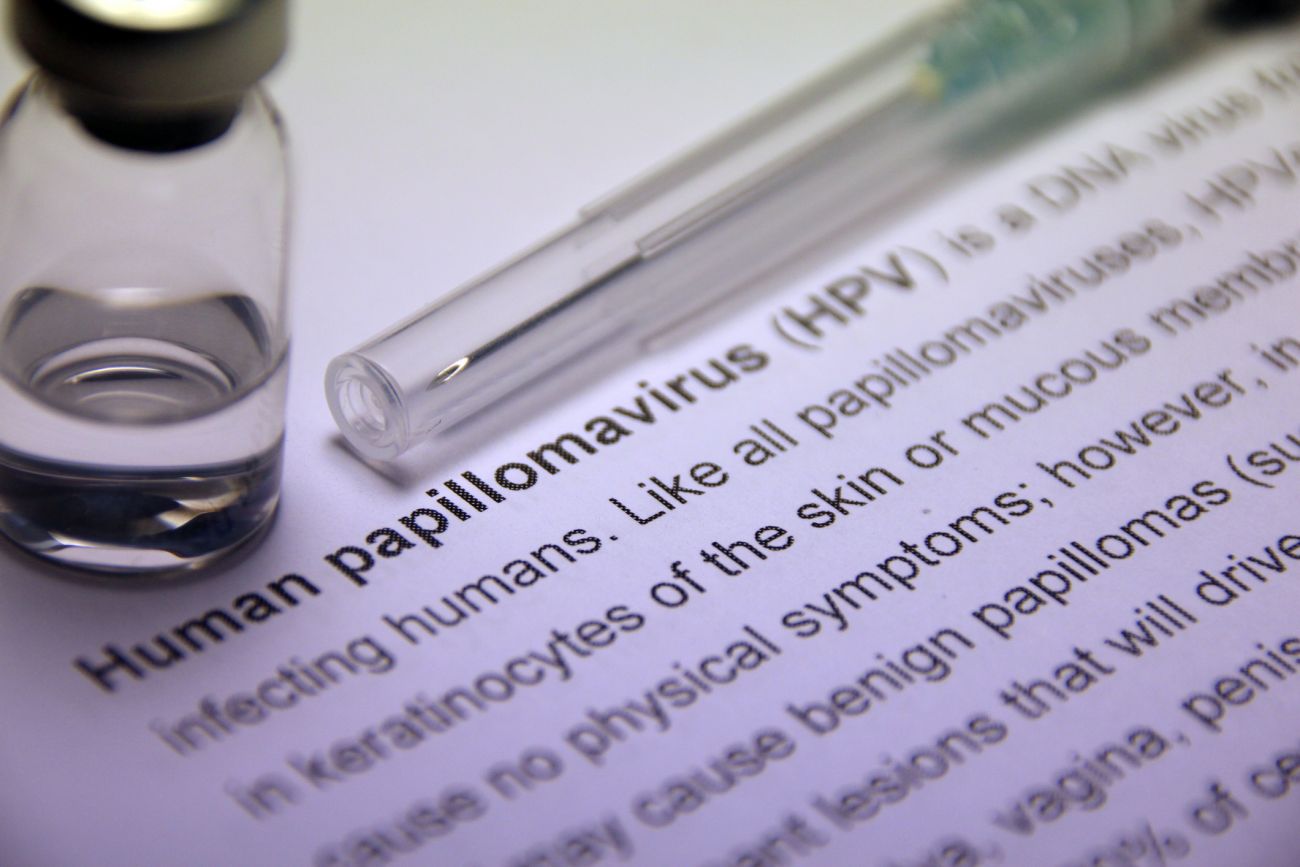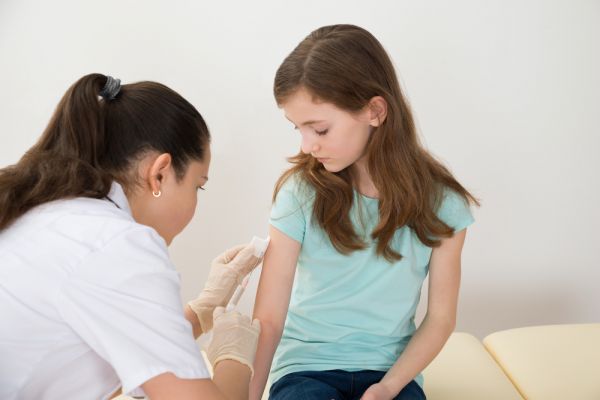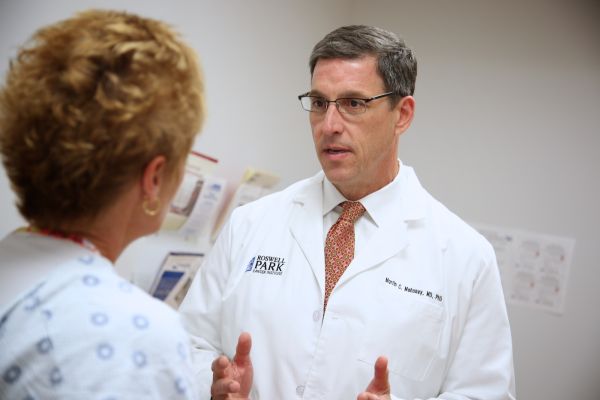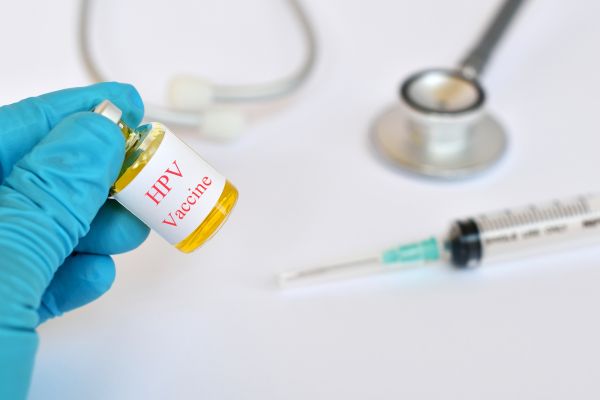The Centers for Disease Control & Prevention (CDC) recently released some troubling statistics about the number of U.S. adults infected with the human papillomavirus (HPV) — a virus that infects the skin and can cause abnormal tissue growth.
The study found that more than 42 percent of U.S. adults ages 18 to 59 have a type of genital HPV and nearly 23 percent of adults are infected with strains of the virus that carry a higher risk of causing cancer. “This new report affirms just how common HPV infections are,” says Martin Mahoney, MD, PhD, Professor of Oncology at Roswell Park. “All of us are susceptible to these ubiquitous infections, which spread through skin-to-skin contact.”
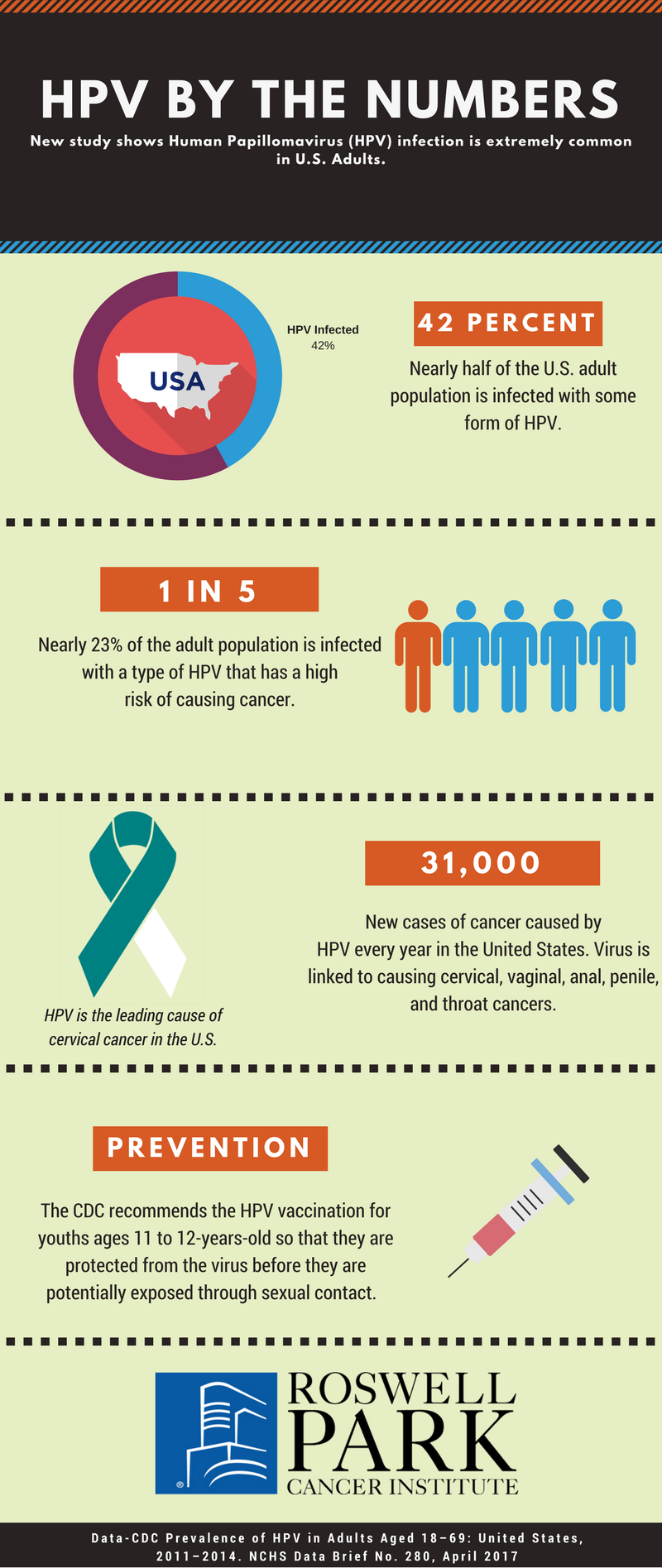
The study, carried out from 2013 to 2014, was the first time that the CDC complied HPV rates among men, finding that about 25 percent are carrying strains that are more likely to cause cancer, compared to 20 percent of women. While most types of HPV go away naturally, certain strains can cause anal or penile cancer in men and are the cause of most cervical cancers, as well as many vaginal, vulvar and anal cancers in women. Certain HPV types have also been linked to throat and tonsil cancers.
Since its development in 2006, the CDC recommends HPV vaccination for youths ages 11 to 12.
In October 2016, experts began recommending a two-dose vaccination schedule for adolescents ages 9-14, down from the original three-dose schedule. The new timetable makes it easier for patients to complete the vaccination series by age 12, as recommended. Teens and young adults who start the vaccination series later, at ages 15 through 26 years old, will continue to need three shots of HPV vaccine.
While the number of HPV vaccinations is on the rise, Dr. Mahoney feels the U.S. is still behind where we need to be. “The use of this cancer prevention vaccine remains suboptimal. Hopefully, the recent study will convince parents that this is one of the few instances where they can truly prevent HPV-associated cancers, and even HPV-associated abnormal pap smears, in their children,” says Dr. Mahoney.
In January, Roswell Park joined 68 other cancer centers in reiterating their endorsement of HPV vaccinations as a safe, effective way to protect against many types of cancer.
Since the posting of this blog post, research and development of the HPV vaccine has advanced. Visit our HPV vaccine page for the latest information.
